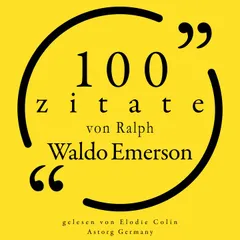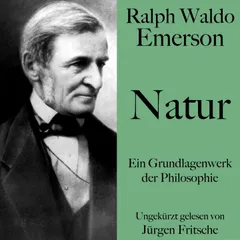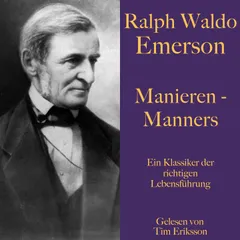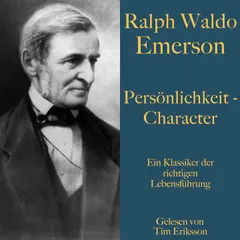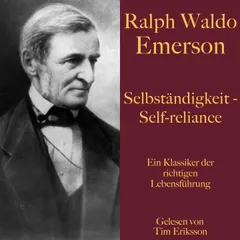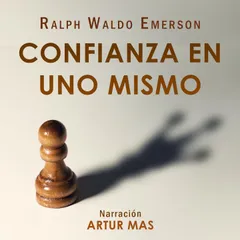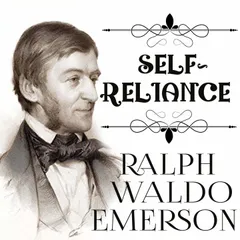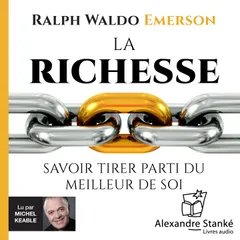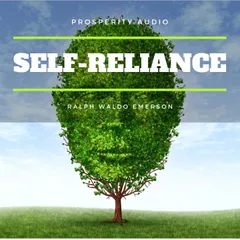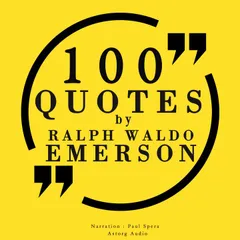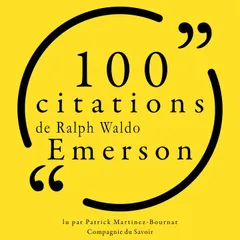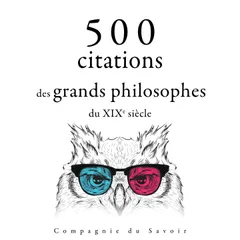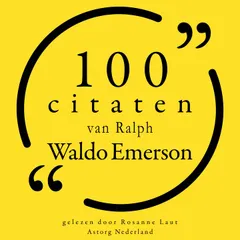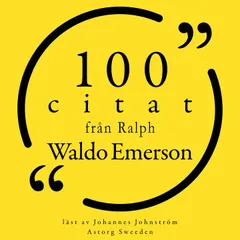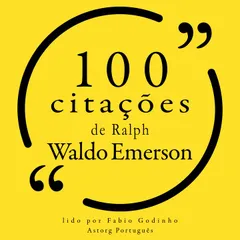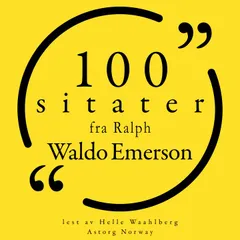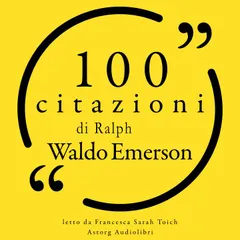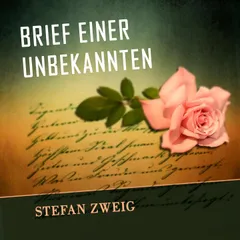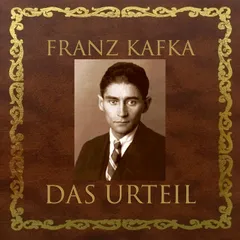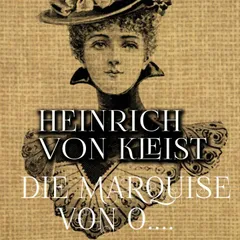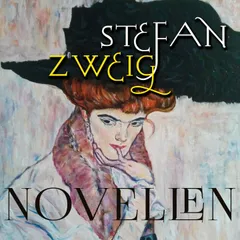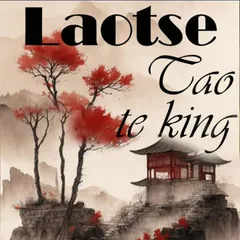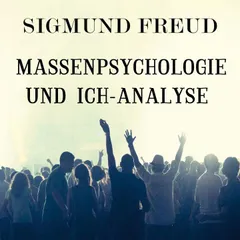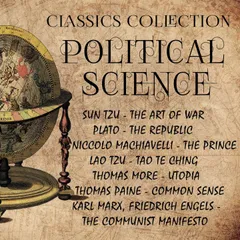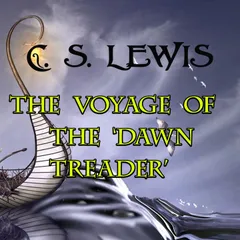- Audiobook
- 2025
- 30 mins
- Strelbytskyy Multimedia Publishing
No links available.
Title
Essays: First Series. Love
Description
Love, for Emerson, is neither simple nor sweet. It is a force—wild, untamable, and yet profoundly human. In Love, he explores the deep currents that pull us together and push us apart, not with the softness of romance, but with the clarity of a philosopher who sees love as a transformative, even unsettling, experience. It is not just an emotion, but a vital, unpredictable energy that shapes and redefines us.
Emerson doesn't idealize love; he insists on its complexity. Love is not confined to the idealized versions we carry in our minds but is found in the messy, uncharted spaces between souls. It disrupts, challenges, and sometimes wounds, yet in its wake, it leaves growth, change, and deeper understanding. It is not meant to comfort us, but to push us beyond who we are—reminding us of our deepest needs and our highest potential.
Love is not a mere feeling to be enjoyed, but an idea to be wrestled with. It stands as an invitation: to reflect, to confront, to discover. In reading Emerson's words, you may not find an answer to love's mysteries, but you may come to understand why it is, in all its forms, so essential, so urgent, so profoundly human.
On public lists of these users
This audiobook is not on any list yet.
Product details
Publisher:
Author:
Title:
Essays: First Series. Love
read by:
Language:
EN
ISBN Audio:
4069828302433
Publication date:
April 6, 2025
Keywords:
Classic EssayRalph waldo EmersonLoveHuman connectionPhilosophy of Loveémotionstranscendentalismpersonal growthreflectionself-discoveryWisdomIntellectual InquirySpiritual InsighttransformationHuman experiencerelationshipsPassionComplexity of LoveClassic American LiteratureAudiobookEnglishStrelbytskyy Multimedia Publishing.
Duration
30 mins
Product type
AUDIO
Explicit:
No
Audio drama:
No
Unabridged:
Yes
About the author:
Ralph Waldo Emerson (May 25, 1803 – April 27, 1882) was a writer, lecturer, and thinker who reshaped American intellectual life. Born in Boston into a family of ministers, he lost his father at eight and was raised by a fiercely determined mother. He attended Harvard at fourteen, briefly taught school, and then followed family tradition into the ministry. But the death of his first wife, Ellen, in 1831 shattered his faith in organized religion. He resigned from the church and set off for Europe, where he met the great minds of his time—Coleridge, Carlyle, and Wordsworth—who deepened his belief in individual thought over inherited dogma.
Back in America, he settled in Concord, Massachusetts, and became the leading voice of transcendentalism. His 1836 essay Nature called for a new way of seeing the world—one that placed intuition above reason and the divine within the self. His lectures and essays, including Self-Reliance and The American Scholar, urged Americans to trust their own voices rather than look to Europe for intellectual authority.
A magnetic speaker, Emerson crisscrossed the country delivering lectures on topics ranging from history to self-improvement. He mentored Henry David Thoreau and influenced countless others, from Walt Whitman to Friedrich Nietzsche. Despite his growing fame, he remained a private man, happiest in his study or walking through the woods of Concord.
In later years, his memory faded, and he quietly withdrew from public life. Yet his words endured, shaping generations of writers, philosophers, and seekers. His call for self-reliance and intellectual independence remains as relevant today as it was in his time.


